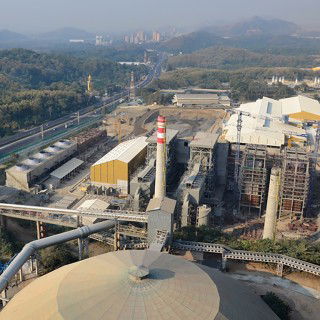Proper oil filtration can reduce downtime and increase equipment reliability. Combining inline and offline filtration technologies can ensure optimum lubricant cleanliness, and lead to an increase in component and oil life. By Steffen D Nyman, CC Jensen and Noria Partner, Denmark.
The world has an insatiable appetite for cement and concrete, so cement plants need to supply at a growing pace. Processing equipment in the cement industry contains gears, bearings and hydraulic systems, which only work when lubrication is present, and increasing stress is put upon lubricants in terms of operating temperatures, loads, efficiencies and performance. Studies have shown that up to 80 per cent of oil-related machine failures are caused by contaminated oil, and that cleaner oil will lead to longer component life and increased operational reliability.
Why is clean oil necessary?
Protection of machine components
Any machine that uses oil for lubrication or power transfer is dependent on the condition of the oil. Oil is essential for friction reduction and the primary objective of keeping oil clean in a hydraulic or lubrication system is the protection of machine components to optimise reliability and function. Malfunction of a lubrication system or hydraulics will result in equipment damage, expensive downtime and even safety concerns.
Reduce operation costs
The secondary objective to cleaning oil is to reduce operation costs by prolonging the useful life of all system components, as well as the oil itself. This will ensure optimum economic performance and the lowest return on investment (ROI) for the equipment.
